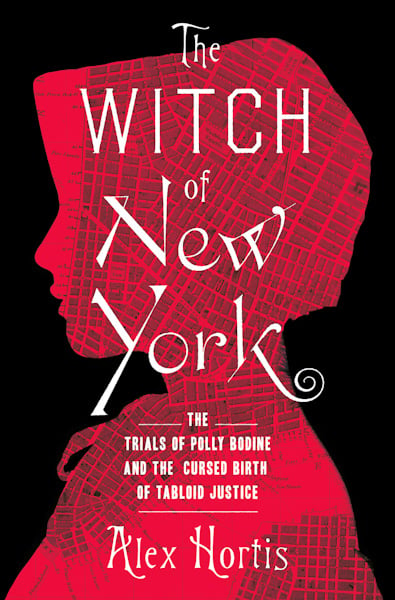5th Circuit rules for 'The Hammer' in lawyer's trademark suit over purloined keywords and click-to-call ads

Image from Shutterstock.
A Texas lawyer should get a chance to prove that consumers who entered his trademarked keywords in search engines were confused when they saw unlabeled advertisements, clicked on them, and found themselves calling a number that belonged to a legal referral group, a federal appeals court has ruled.
In an Aug. 10 opinion, the 5th U.S. Circuit Court of Appeals at New Orleans revived the trademark lawsuit against McNeil Consultants, doing business as the Accident Injury Legal Center. The plaintiff is Jim Adler, a personal injury lawyer with Texas offices in Houston, Dallas, San Antonio and Channelview.
Adler’s trademarks include “Jim Adler,” “The Hammer,” “Texas Hammer” and “El Martillo Tejano.” Adler contended that the Accident Injury Legal Center buys Google keywords for his trademarks to ensure that an ad for the referral group’s services appears when consumers search for Adler.
The ads don’t identify a particular lawyer or law firm, Adler said. Instead, they display generic terms that might be associated with any personal injury firm.
The center’s owner buys what is known as click-to-call ads, Adler alleged. If a consumer clicks on one of the ads while using a cellphone, the ad causes the user’s phone to call the center, rather than visit its website.
According to Adler, the legal center’s employees keep confused consumers on the phone as long as possible “in a bait-and-switch effort to build rapport with the consumer” and to ultimately persuade the caller to hire a lawyer through the referral site.
A magistrate judge had found Adler’s allegations conclusory. In any event, the magistrate judge concluded, Adler couldn’t sue for trademark infringement because the referral center’s ads didn’t incorporate the Adler marks. A federal judge adopted the findings and conclusions and tossed the suit for failure to state a claim.
The appeals court said Adler’s allegations were sufficient.
His pleading “included factual matter beyond the mere purchase of trademarks as keywords for search-engine advertising, and the district court should have considered those allegations,” the court said.
The case involves initial interest confusion, which does not require an actual sale to be completed as a result of the confusion, the 5th Circuit said. The issue requires a fact-specific inquiry.
Whether an ad incorporates a trademark that is visible to a consumer “is a relevant but not dispositive factor in determining a likelihood of confusion in search-engine advertising cases,” the appeals court concluded.
Adler wanted to amend the complaint to add information from a survey that he commissioned that showed at least one-third of the respondents clicked an ad for the Accident Injury Legal Center thinking it was affiliated with Adler.
The appeals court said Adler’s initial complaint was sufficient, but it was up to him whether to seek an amended complaint.
Judge Leslie H. Southwick wrote the opinion in the case, Adler v. McNeil Consultants.
Hat tip to Law360, which had coverage of the decision.



